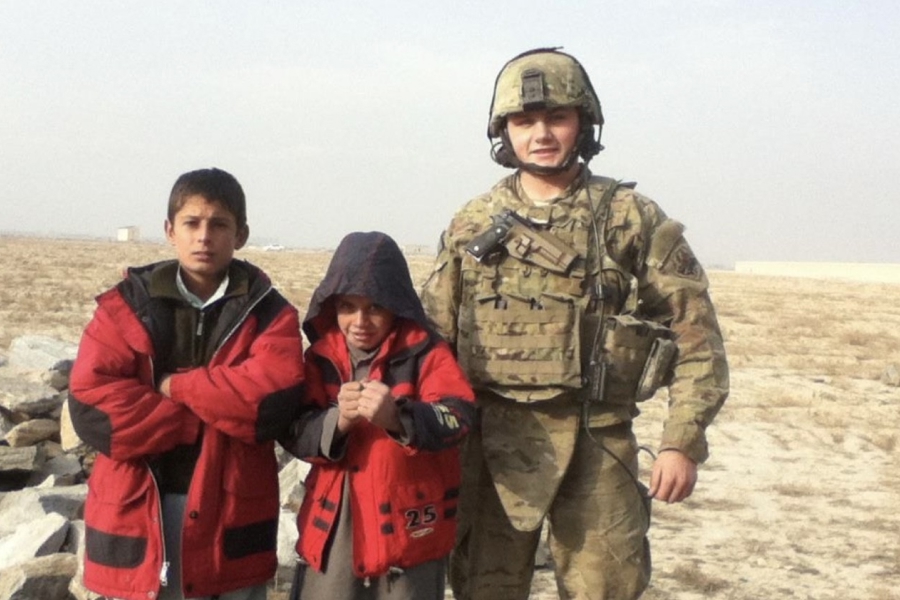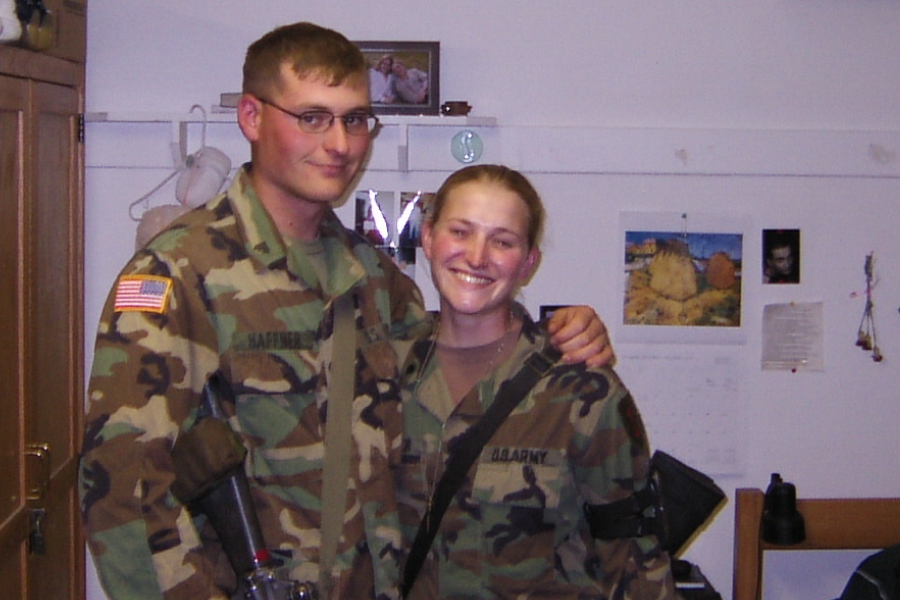Illustration by Jonny Ruzzo
Shaun Lover got his start in construction pouring coffee and photocopying blueprints. Four years ago, he was promoted to president of Columbia construction company in North Reading, Massachusetts, where he has worked for the past 18 years.
The Built Blog spoke with Lover about the best advice he received related to the field, employee engagement and motivation, and the gratitude he feels for having great construction mentors.
Built Blog: Why did you choose the construction industry?
Lover: In high school, I wasn’t sure what I wanted to do, but I was good at math, and my math and physics teacher suggested I explore engineering. I chose Northeastern University for civil engineering because I’d heard that was the broadest area and I’d have options.
After freshman year I needed a co-op and I couldn’t afford to live on campus. I ended up on a project with Turner Construction near my house, which was perfect. As I learned more about the company, I realized how lucky I was to work with them early in my career. Besides a couple of tasks usually associated with interns around that time, I helped lay out the footings, get the concrete pour set up and set the anchor bolts. I was very lucky to find several mentors there. The superintendents would take me outside after work or on a Friday afternoon and show me things like how to set up a total station (a surveying instrument) and do line and grade to survey a project.
After my co-op, I worked for Turner for three or four years. I fell in love with the energy of a construction site and being outdoors. I became a field engineer, assistant superintendent, chief of party (leading the technical direction of a project) and then superintendent, which was my position when I started at Columbia.
Built Blog: Who is someone who inspired you to work in the industry and why?
Lover: My physics teacher, Mr. Taylor. He said, “You’re good at math and physics and you have a personality, which can go a long way in the engineering field.”
Built Blog: What advice do you have for people looking to follow in your career footsteps?
Lover: A lot of people try to rush things. Don’t be afraid to start at the perceived bottom and work hard. Eventually, it will pay off. Also, focus on the soft skills—communication and interpersonal skills—and on working effectively as part of a team, all of which are important in this career.
Built Blog: What’s your favorite part of the job?
Lover: When I was a project manager, part of my job was walking clients through a project about a month before completion. I’d see the doubtful look on their faces. They didn’t think projects were going to be finished on time. I knew we were going to be fine. In my current role, it’s seeing teams perform effectively. It’s fun to watch.
Built Blog: What’s the best advice you ever got about this industry?
Lover: In our line of work, things will always go wrong, no matter how hard you plan or how hard you try, and it’s how you react to those situations that really makes you who you are and your company what it is. You’ll be remembered for those reactions. You’ll also be remembered for the last 5% of a project. Ninety-five percent of the project can go great, but you have to finish strong.
Built Blog: What do you think is the most pressing issue facing the construction industry and why?
Lover: The workforce shortage. We’re feeling it now and it will worsen over the next decade. I’m 43. When my generation was in high school, there was a big push for kids to get a college education. Now there’s a lack of skilled tradespeople, and many people in the field are retiring. Awareness is a big part of the problem—we need to get to guidance counselors, parents, trade schools and inner-city high schools to let them know that a great career is possible for skilled tradespeople.
Built Blog: What keeps you up at night as an executive?
Lover: Thinking or knowing that there may be a Columbia employee or employees who are not feeling empowered, engaged or happy, or are struggling, perhaps with a personal or health issue. I tend to process things related to the projects well; the people side of the business keeps me up at night.
Built Blog: How do you structure your time to fix the most important issues you face in your role?
Lover: Columbia stresses work-life balance. It’s one of our core principles. And I have to lead by example. When issues arise, understanding whether it’s a one-off situation or a systemic case is essential. If it’s the latter, and we can resolve and alleviate future problems, then we do. Top of mind when we work is the concept of a “foundation.” The house can be rebuilt and restructured or tweaked, but the foundation must be in place. I spend a lot of time ensuring the foundation stays strong.












